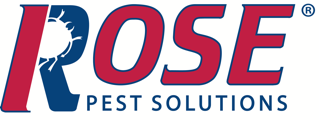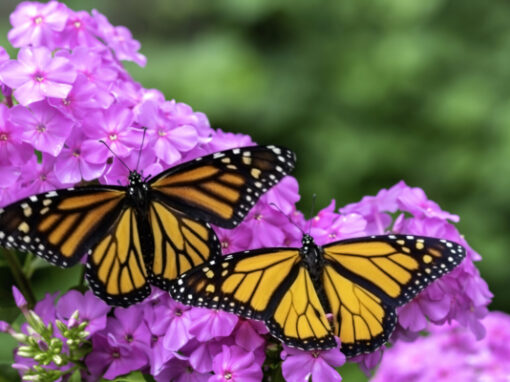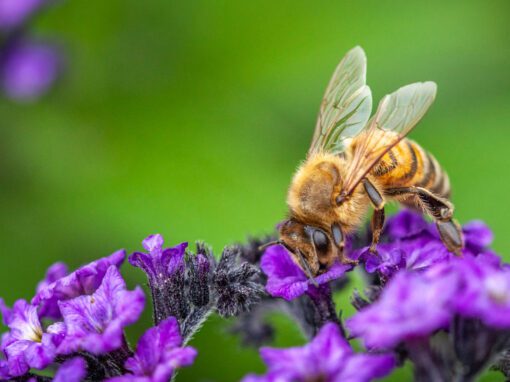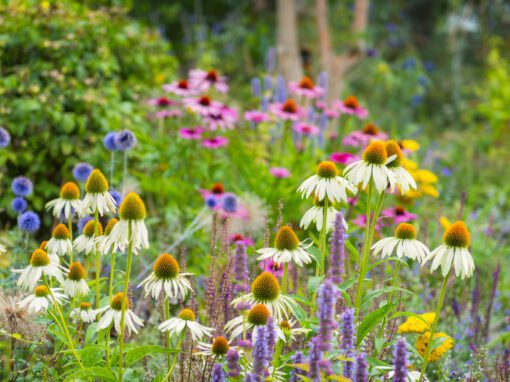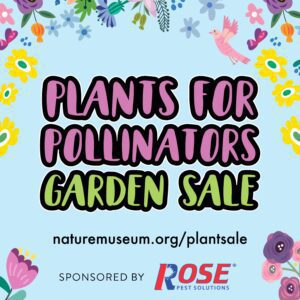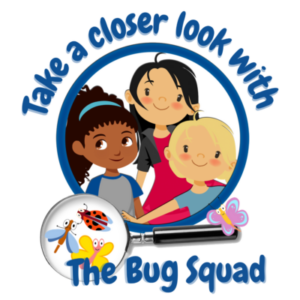Why is a pest management company trying to promote pollinator health?
We get this question all the time. There’s such a misperception about what pest management actually is in this day and age. Gone are the days where an “exterminator” would come and spray smelly toxic harmful pesticides all over the place to get rid of an ant invasion. We don’t even call ourselves exterminators anymore. That’s a thing of the past. Our methods are much more intelligent and conscious of long-term effects now than they were decades ago. Pollinator health is super important to us, our customers and the greater good of our world.
We are guardians of the environment. We are public health defenders. We are nature lovers simply trying to restore the balance between human impact and the environment, using scientific knowledge.
It is our duty and mission to help re-educate all walks of life about the importance of insects in our world. We are not in business to eradicate species of insects. We are in business to keep your home protected, your business pest-free and maintain a healthy balance.
Pollinators need our help.
Last year, Monarch butterflies hit the endangered species list. This is devastating. Probably the most iconic butterfly known to humans is facing rapid population decreases year over year. It’s hard to be a tiny butterfly in this big world. Lack of native pollinator plants for them to feed on, changing weather patterns and dozens of other things are making their annual migration to Mexico harder and harder.
We believe that by raising awareness about pollinator health, starting with children, we can make a difference in preserving all the beautiful nature our world has to offer.
How we are helping save the bees.
Honey bees are facing their own challenges to try and survive. You always hear that pesticides are the reason for their collapse. This is a really fragmented statement. It’s true that agricultural pesticides that are broadly applied to crops in fields have an impact on honey bee populations. But so does our weather. And their diminishing food sources. There’s also a horrible parasite called varroa compromising hives. Not to mention consumers misusing DIY products without reading product labels. The list of threats goes on and on.
So how do we make a difference to help save our honey bee friends? Well, first of all, we don’t kill them. When we encounter honey bees in the field, we call in our beekeeper expert friends to come collect them. We have resources throughout our entire service area for this and our staff couldn’t be happier to make those calls when it happens.
Special honey bee training
In order for us to help save the bees, we provide special identification training for our staff. Our friend, William Pilipauskas, aka Willie the Beekeeper, recently helped our staff brush up on all the current up-to-date information about proper honey bee identification, other species that look identical to the honey bee and so much more. You can check out his website here.
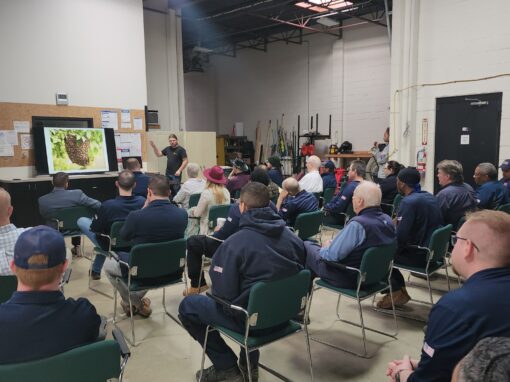
Willie the Beekeeper teaches our service staff about proper honey bee identification. April 2023.
Other ways we promote pollinator health.
It’s time to plant flowers and get your garden started! We encourage folks to considering choosing native pollinator flowers for their yard to help provide food sources for butterflies, bees, hummingbirds and our nighttime pollinators, too like beetles, bats, fireflies and more. Native pollinator species like purple coneflower, butterfly weed, asters, black-eye susans, columbine and yarrow thrive in the Midwest and they come back thicker and stronger every year. Some of these species tend to grow fairly tall, but they make a beautiful natural addition to any yard. It’s recommended that you plant these in clusters so it’s easier for pollinators to spot the bright colors.
Download out free pollinator guide for tips on attracting pollinators to your yard!
Every year for the last 7 years, Rose has sponsored the Peggy Notebaert Nature Museum’s annual Pollinator Plant Sale. It sells out every year, which means there are a lot of friends out there doing their part to provide more food sources to our pollinators and we love that! In the Spring, you can order native pollinator plants, selected by the museum’s horticultural expert, and they’ll be available for pick up at the museum in the Lincoln Park Neighborhood at a later date. Most of the time, it’s Mother’s Day weekend, when we’re in the clear weather-wise here in Chicago, safe from freezing temps. Visit the Nature Museum’s website!
If you live in the Wicker Park neighborhood, where one of Rose’s historic offices is located, we also participate in the Annual Wicker Park Plant sale. We give away free native pollinator seeds, pollinator garden education, expert advice on pests, and other fun family-friendly giveaways. For more info, check out this link.
The Bug Squad visits your class, scout group, and summer camps!
Meet the BUG SQUAD!!! Our Marketing Department goes way beyond traditional duties. We get involved with all of the communities we serve. Throughout the year, we educate all ages on the importance of our pollinators and other insects. One of our favorite things is when we can come visit schools, museums, scout groups and summer camps and teach kids hands-on to overcome their fears of insects. We empower them with knowledge so they can spend more time being curious outdoors in nature. We bring live insect specimens, life cycle puppets, beekeeper tools and equipment, specimens and a microscope and we even have a honey bee mascot named Zippy to get kids excited about the world of insects around us.
Photos from our recent visit at Blossoms Learning Center in Sauk Village, IL. 🙂
On June 10th at the Dunes Learning Center in Porter, IN, The Bug Squad hosted a special career exploration program. This “Spark Day” hosted by our sister brand, Franklin Pest Solutions, and the Girl Scouts of Greater Chicago & Northwest Indiana welcomed over 50 attendees ages 6-12. Attendees learned all about some lesser-known, but crucial, environmental science careers. Scouts earned a special Spark Day badge, and worked towards their STEM career journey badges. Check out the blog post here!
The Bug Squad has visits lined up throughout the year and we can’t wait to make all kinds of new insect-loving friends! Download our STEM program flyer and contact us to schedule your group visit today!
